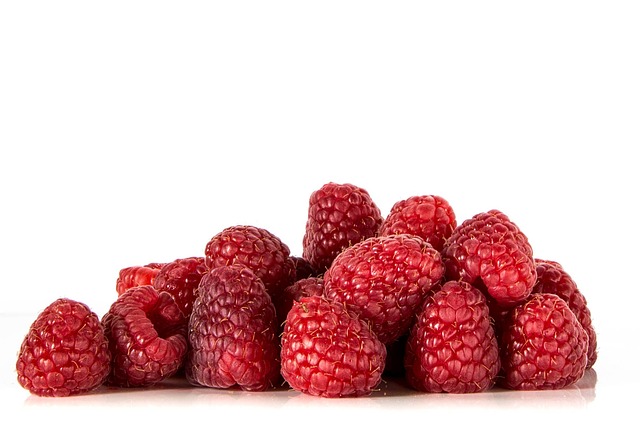The Ultimate Guide to Choosing the Best Probiotics for Your Gut Health
Probiotics are living microorganisms that are beneficial for your gut health. They can help maintain a balanced and diverse gut microbiome, which is critical for overall health and well-being. However, with so many different types of probiotics available in the market, it can be challenging to determine which one is right for you.
Understanding Probiotics
Probiotics are yeasts and live bacteria that are found in various foods and supplements. These microorganisms help to improve your digestive health by replenishing the natural gut flora in your gut lining, supporting the gut’s immune system and reducing inflammation. Some of the most common classes of probiotics include lactobacilli, bifidobacteria, and streptococci.
It’s essential to understand that not all probiotics are created equal. Different types of probiotics have different health benefits, and it’s important to choose the right strains for your specific health needs.
Factors to consider when choosing the best probiotics for your gut health
Strains
There are various strains of bacteria commonly found in probiotics. Some strains produce specific benefits that may improve your health concerns. For example, Lactobacillus acidophilus and Bifidobacterium bifidum are associated with improved digestion; Streptococcus thermophilus has been associated with reducing lactose tolerance; and Lactobacillus reuteri can help prevent colic in babies.
When choosing a probiotic product, it is important to look at the strains present in it and ensure that they align with your specific health needs.
CFU (Colony-Forming Units)
The number of viable bacteria present in a serving of probiotic is often represented in CFUs. The higher the number of CFUs, the better the chances of the probiotic being effective in your gut. It is best to aim for a product that provides at least 1 billion CFUs per serving.
Dosage
The dosage of probiotics typically depends on the specific health concerns being addressed. It is essential to read the product label carefully before more than directed intake or else if there are any interactions with the current medication.
Form of Probiotic supplement
Probiotics are available in capsules, tablets, gummies, and powders. The choice of supplement form depends on preferences, convenience, and tolerance. Some individuals may tolerate capsules better than tablets, while others may prefer powders because they are easier to mix into food or drinks.
Top Probiotic Foods
In addition to supplements, probiotics also occur naturally in various foods. Some of the best probiotic foods include:
- Yogurt: Yogurt is a rich source of probiotics, especially of Lactobacillus and Bifidobacterium family.
- Kefir: Kefir is a fermented milk drink with varying probiotic strains like Lactobacillus kefiri, Bifidobacterium bifidum, and Saccharomyces.
- Kombucha: Kombucha is a fermented, sweetened tea with varying probiotic strains like Gluconacetobacter, Lactobacillus and yeast.
- Sauerkraut: Sauerkraut is a fermented cabbage with different strains of bacteria, including Lactobacillus plantarum and Pediococcus pentosaceus.
- Miso soup: Miso is a fermented paste made from soybeans or grains, containing different bacterial strains such as Lactobacillus and Bifidobacterium.
Conclusion
Probiotics are essential for maintaining a healthy gut microbiome. From regulating digestion to enhancing immune function, choosing the best probiotics for your gut health can contribute significantly to your wellness. By considering factors such as strains, dosage, CFUs, and form, and incorporating natural sources of probiotics like yogurt, kefir, kombucha, sauerkraut, and miso soup into your diet, you can improve your overall health and wellness.







